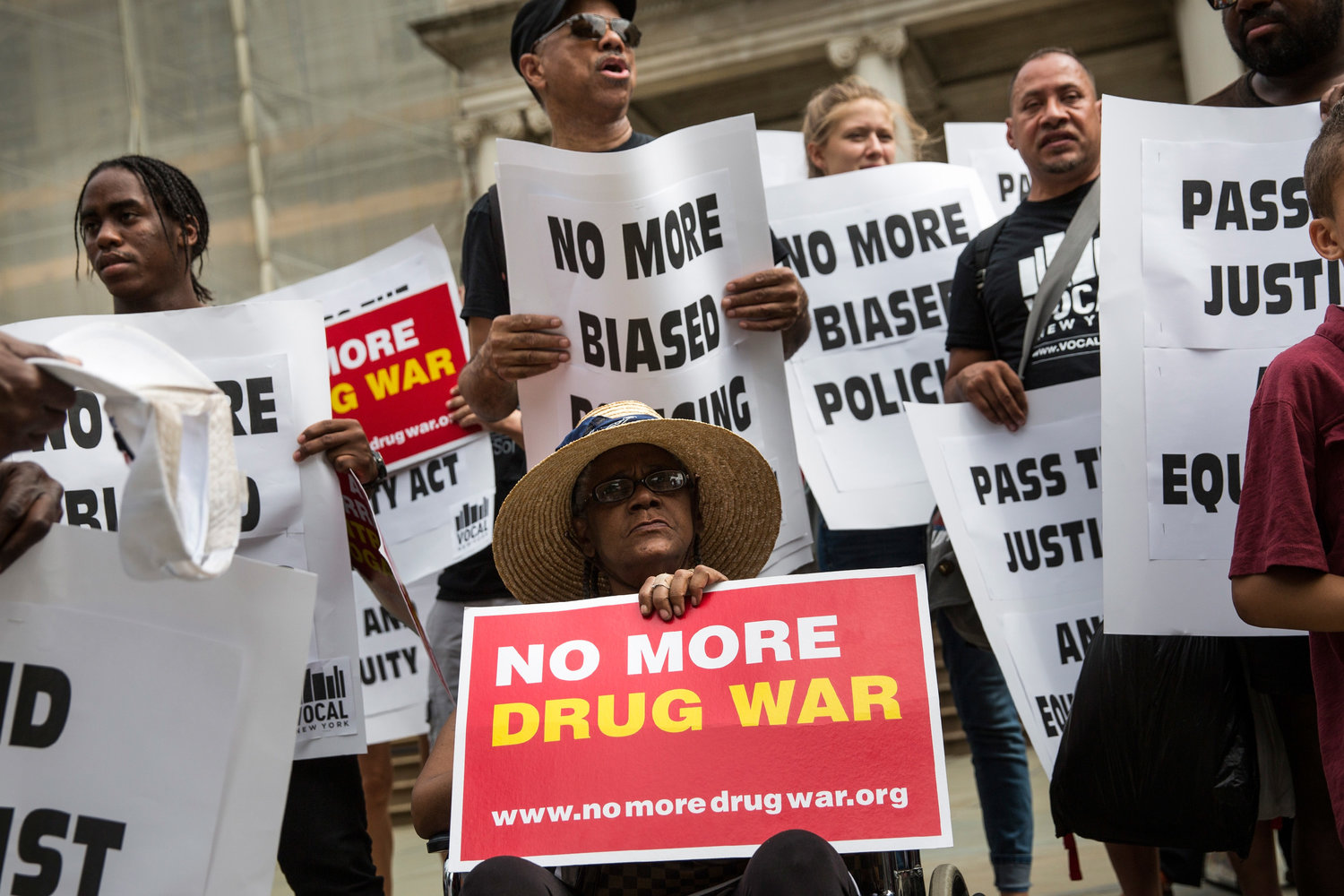
War on Drugs | Source: Slate
The War on Drugs is now less prevalent than it has been in decades. But the effects of what the real problem has always been has drawn attention to an entirely different war.
The war on drugs had a huge racial bias to harm one race over another. Drug addiction and abuse has produced numerous economic problems, and ruined too many lives to count. Addiction is unarguably an issue in our country, and has been for the past century. The problem is that our country was literally built on top of racism, slavery, and immigration. Although our nation has made enormous improvements since then, racism is still programmed into our nation’s subconscious.
Legally speaking, all segregation acts from the 50´s are now completely abolished. That doesn’t mean racism doesn’t exist, or that some people still don’t find anything wrong with it. Until we take responsibility for the lives that were: lost, taken, ruined, and frankly just brutally lived, and acknowledge that the system we created caused that harm, there will never be a nation wide change in perspective.
In order to establish correlation between The War on Drugs and racism, we need to go through every significant contribution to The War on Drugs.
The War on Drugs Movement – Started by Richard Nixon
War on Drugs Movement | Source: Wikipedia
Nixon declared drug use as “public enemy number one”, and increased federal funding for drug addiction and rehabilitation agencies. Shortly after, the Drug Enforcement Agency (DEA) was created.
Once Reagan got into office in 1981, he reinforced and expanded on a lot of Nixon’s policies. Reagan’s strategy for reducing the issue was solely focused on punishment, rather than treatment, and the results of that are still rippling out today. The incarceration rate went from 50,000 in 1980, to 400,000 in 1997. This massive change was entirely to blame on stricter sentencing policies, not higher crime rates.
In 1989, H. W. Bush’s first year in office, he vowed to escalate The War on Drugs, declaring it “the greatest domestic threat facing our nation.¨ Later he approved the 1033 program, which granted local and state police with military-grade equipment for anti drug operations, and more than doubled officers in police departments nationally.
Signing of The 1994 Crime Bill & It’s Effects
Bill Clinton signed the 1994 crime bill, that instituted a “three strike rule” for drug offenders, eliminated the opportunity of an education for inmates, and funded more than $18 billion dollars to criminal justice prevention agencies and the FBI.
The end of Clinton’s consecutive terms was the end of most of the policies relating to mass incarceration and vilification on The War on Drugs. After Obama got into office in 2009, things took a turn for the better. In 2016 he began pardoning and shortening the sentences of hundreds of federal inmates. The following year he signed a bill that spent $1 billion within the past 2 years to combat the opiate, painkiller, and heroin epidemic- all through public health, not criminal justice programs.
Obama’s contribution to the war on drugs was the most positive improvement our nation ever had. Since Trump has been in office, his main focus relating to The War on Drugs is the wall. Considering much of the drugs in America are manufactured in Mexico. Trump’s approach to the issue is revamping the harsh punishments for substance offenders. Finally exposing the motivation behind- or at the least the effects of the entire movement.
The Race Issues in the Policies & Laws
Race & The War on Drugs | Source: Wikipedia
Now let’s discuss the race issues in the policies and laws that were made, and analyse the way it was presented.
First things first, we need to address the word choice in the title The War on Drugs. Rhetorical devices are wildly effective in the media, and the government has known it since camer as were created. Using words like ¨war¨ or ¨battle¨ creates a connotation referring to the matter as fatal and diabolical. When the Reagan’s were elected into office, liberalism had just suffered major failures, and they took that as an opportunity to collect the nation using drug use as its common enemy- and they succeeded.
At the time, The War on Drugs was almost not controversial; substance users were viewed as dangerous criminals who put everyone at risk, instead of people suffering the effects of poverty and addiction. In the live video Bush streamed from the oval office addressing The War on Drugs, he specifies crack cocaine as the main problem every time he says the word cocaine. This repeated clarification was a media tactic to target the specific drug more commonly used by African Americans.
Two years after the video was nationally streamed, drug arrest rates peaked. The black population by 2,500 per 100,000 people, compared to 500 arrests of white people.
What Did Nixon’s Domestic Policy Chief Have To Say on The Matter?
In 1994, Nixon’s domestic policy chief, John Ehrlichman, said in an interview that Nixon’s campaign had two enemies: the antiwar left, and black people.
Ehrlichman’s comments in the interview raised serious questions about Nixon’s motive for the change he was trying to enforce. Ehrlichman is quoted as saying in the interview, “We knew we couldn’t make it illegal to be either against the war or black, but by getting the public to associate the hippies with marijuana and blacks with heroin, and then criminalizing both heavily, we could disrupt those communities. We could arrest their leaders, raid their homes, break up their meetings, and vilify them night after night on the evening news. Did we know we were lying about the drugs? Of course, we did.”
Reading that today, you would think it would start a nationwide outbreak against The War on Drugs, but keep in mind that the entire movements target on the African American community succeeded, and at this point it was normalized to the entire country. In 1995 the mass incarceration level reached a ratio of 100:1 in the juxtaposition of black and white inmates.
Clinton appeared on national television addressing this as a concern, yet not even two weeks after- signed a bill overturning the proposal of revision regarding the disparity.
Obama Avoids The Term “War on Drugs”
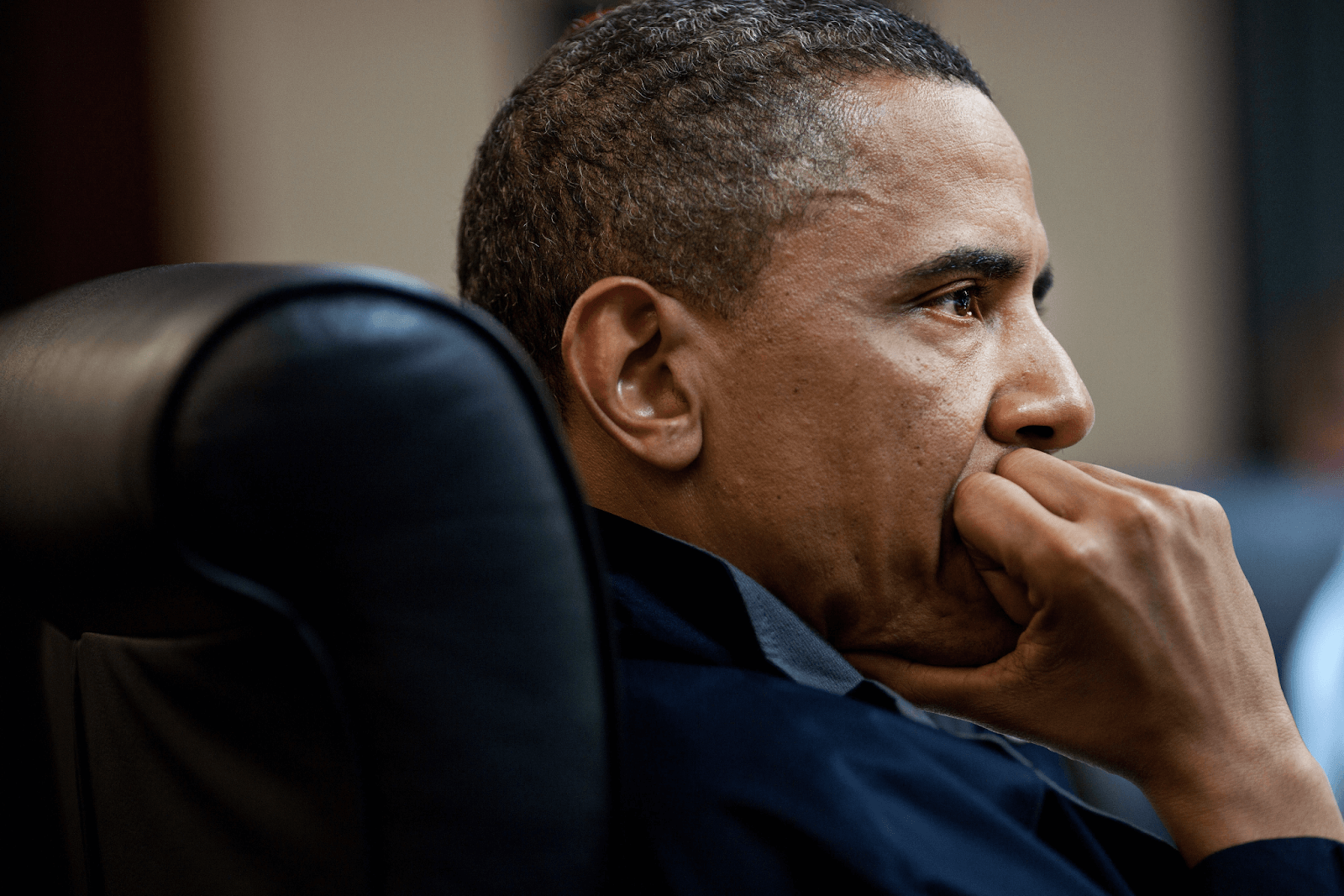 Barack Obama | Source: Wikimedia Commons
Barack Obama | Source: Wikimedia Commons
During Obama’s eight years in office, his administration made a point to avoid the term ¨War on Drugs.”
Since Obama’s reinvention of The War on Drugs didn’t start until his second term of presidency, there was still much of the problem still to reform when he left. Although incarceration rates fell over 5% during his terms, the law enforcement treatment and numbers nearly remained the same since Bush’s 10033 program.
Key Takeaways!
The War on Drugs has come a long way, and the progress we have made as a nation is notable. However, we also HAVE to address the fact that racism has made its way in and out of our policies.
● 600,000 people are arrested every year for marijuana possession.
● More than half of prison inmates are nonviolent offenders, and 18% of them committed poverty crimes.
● It doesn’t matter who’s to blame; what matters is that we’re here now and need to do something about it.
● Let’s work together to address the racism in our policies and create a fairer and more just system for all.
Whoever made the biggest contribution to this is really irrelevant. This is where we are now, and this is why, so what are we going to do about it? Come back to The Happy Campers for all of your latest cannabis news and findings.
Sources
https://drugs-forum.com/ams/was-reagans-war-on-drugs-a-front-for-racist-inspired-ideals.25701/
https://www.medscape.com/viewarticle/524483
https://www.britannica.com/topic/war-on-drugs
https://www.vox.com/identities/2016/12/19/13903532/obama-war-on-drugs-legacy


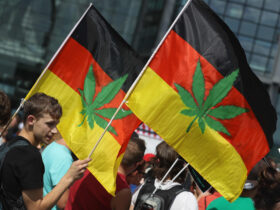
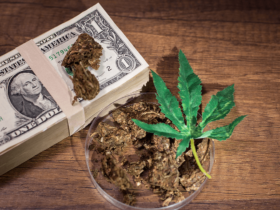
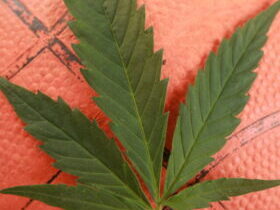

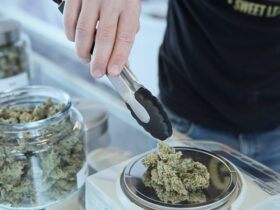

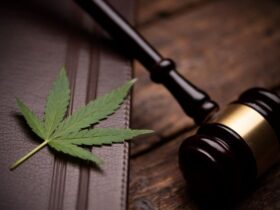
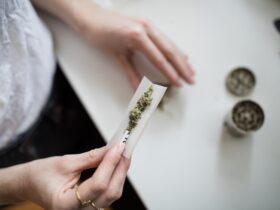
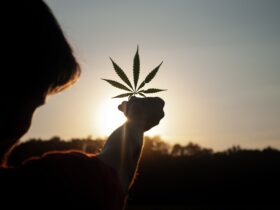

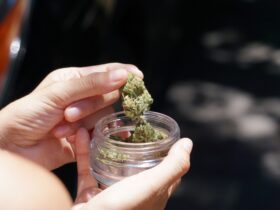
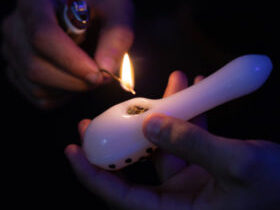
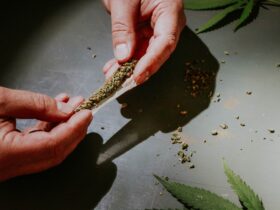

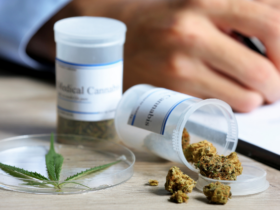

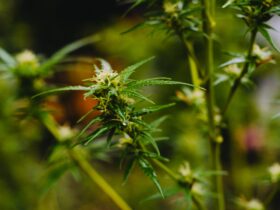

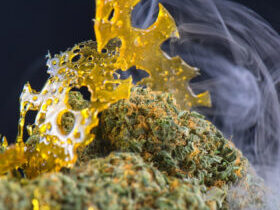

Leave a Reply